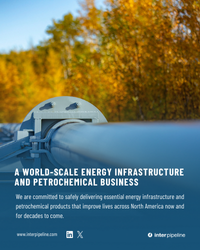Even through the market turmoil of the past couple of years, the Permian has been a production powerhouse, lately churning out an average of nearly 5 MMb/d of crude oil and 14 Bcf/d of natural gas. But is the Permian on shaky ground? Well, sort of. Distinct areas within both the Midland and Delaware basins in West Texas have experienced an increasing number of higher-magnitude earthquakes that have been linked to the saltwater disposal (SWD) wells that E&Ps use to get rid of the massive volumes of “produced water” their oil and gas operations generate. As a result, regulators have been ordering some of these disposal wells to be shut down and directing producers and midstreamers to develop “seismic response action plans” aimed at reducing the frequency and severity of quakes. In today’s RBN blog, we look at what has been happening on the earthquake front in West Texas and how E&Ps can deal with it.
We’ve seen this movie before, right? Through the first half of the 2010s, Oklahoma, home of the SCOOP/STACK production area, experienced a sharp increase in the frequency and magnitude of earthquakes — there were 585 tremors with a magnitude of 3.0 or greater in 2014 and 887 in 2015, compared to an average of only three per year in the 2000-09 period (see Figure 1). The trend was soon attributed to the injection of massive volumes of produced water from oil and gas production into deep SWD wells in specific geologic formations, especially the Arbuckle, the deepest sedimentary layer in the Sooner State. Oklahoma regulators stepped in, shutting down a number of SWD wells and establishing (and later updating) protocols for the use of existing and planned wells. The frequency of earthquakes has plummeted — fewer than 30 tremors of 3.0 or higher magnitude were recorded in 2021, and the state’s first quake of 2022 happened on January 31 (a 4.5!). The seismicity problem, while not fully resolved, is being carefully monitored and managed with only limited impact on oil and gas operations.
Join Backstage Pass to Read Full Article










